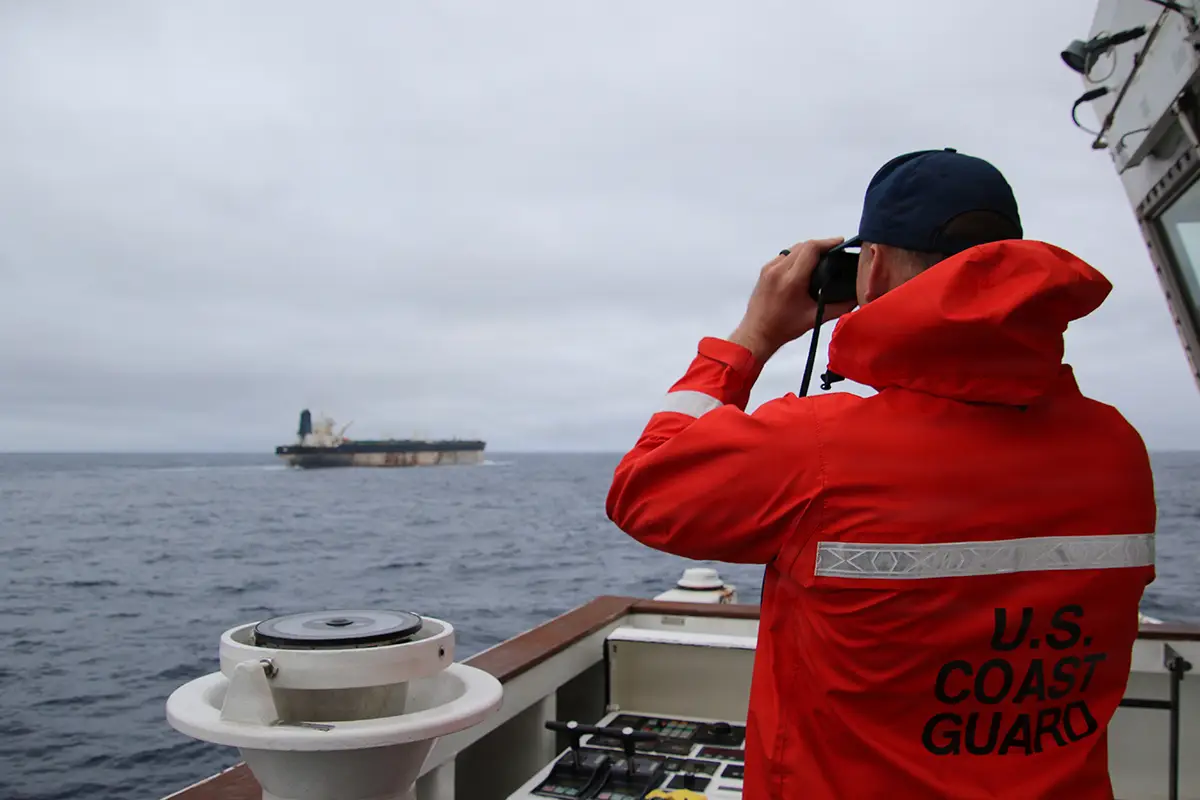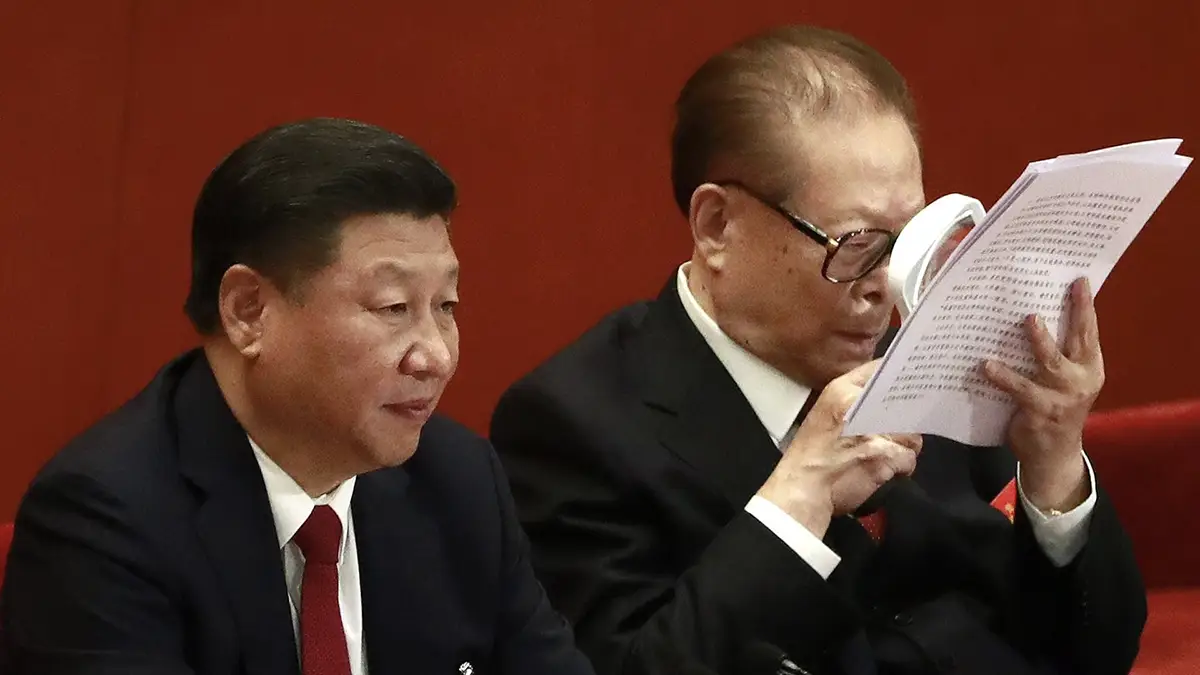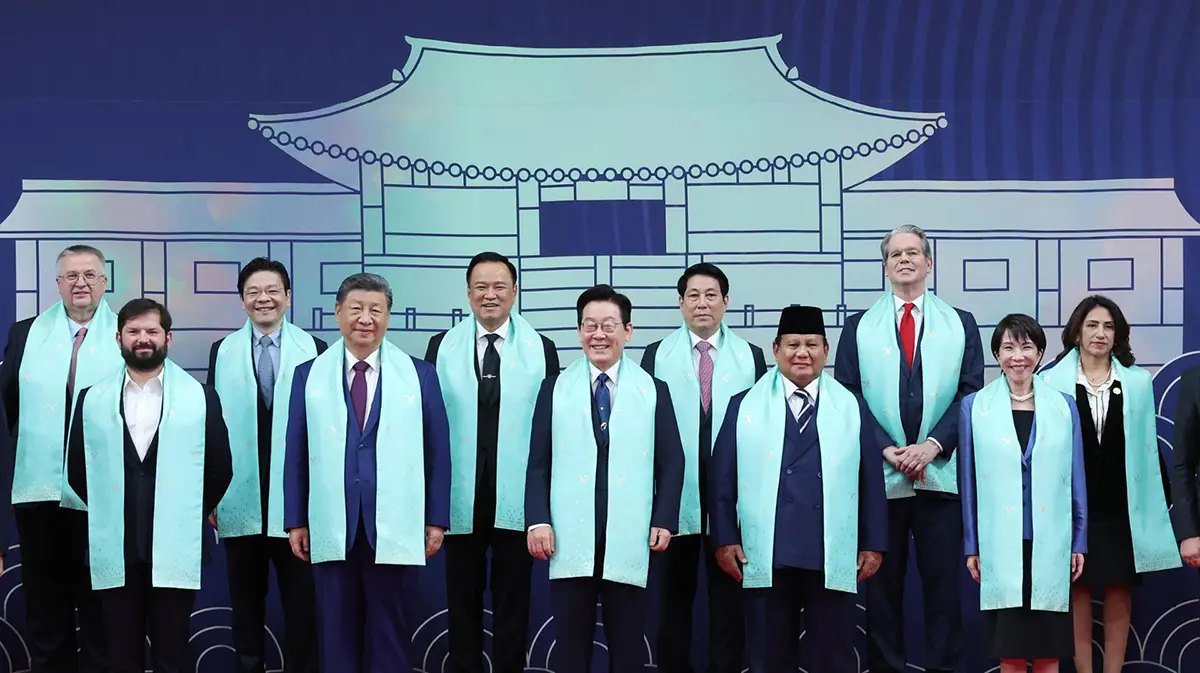Last week, U.S. Secretary of Defense Lloyd Austin became the first member of President Biden’s Cabinet to make an official trip to Southeast Asia, with planned visits in Singapore, Vietnam and the Philippines. Since coming into office, the Biden administration has stressed the importance of partners and allies to its Indo-Pacific strategy as it shapes its approach toward competition with China. But for this visit—and the strategy itself—to succeed, Indo-Pacific partners and allies will need to see that they are more than just pieces in a strategic game with Beijing.
The last few months have demonstrated Washington’s level of interest in the region. The White House participated in the first-ever heads of state meeting with Quad countries Australia, India and Japan in March , hosted Japan’s Prime Minister Yoshihide Suga as the first foreign leader at the White House in April , and followed that up with an invitation to President Moon Jae-in of Korea in May . While perhaps late in coming for some in the region, Defense Secretary Austin’s trip will work in concert with Deputy Secretary of State Wendy Sherman’s late May visit to Indonesia, Cambodia and Thailand to reaffirm security ties in a region the administration identifies as “an essential part of the Indo-Pacific’s architecture.”
It is impossible to ignore Southeast Asia’s economic and strategic importance in the Indo-Pacific. The South China Sea remains a key conduit for world trade , with maritime chokepoints in the region serving as a gateway connecting East Asia with the Indian Ocean and farther on to Europe. Maintaining freedom of navigation and a rules-based order in the South China Sea remains a cornerstone of the Biden administration’s policy in the region.
Singapore, the Philippines and Vietnam are each important security partners for the United States as it seeks to advance its vision of a “free, open, secure and prosperous” Indo-Pacific. With the renewal of the U.S.-Singapore Memorandum of Understanding in 2019, the city-state remains a critical security partner in Southeast Asia. Despite the mercurial nature of relations during the administration of Rodrigo Duterte, the Philippines remains the United States’ oldest Mutual Defense Treaty ally in Asia, and Philippine Defense Secretary Delfin Lorenzana expects the two countries to reinforce the U.S.-Philippines Visiting Forces Agreement, allowing U.S. military personnel to continue operating from Philippines territory. U.S.-Vietnam security cooperation continues to expand as well, as illustrated by the U.S. Navy’s second carrier port visit to the country last March .
However, for U.S. policy in Southeast Asia to succeed, the Biden administration will need to continue engaging with the region not just on China, but on issues of direct importance to the region as well. The U.S. cannot succeed in Southeast Asia by treating the region as simply a factor in U.S.-China strategic competition.
Defense Secretary Austin’s trip comes at a critical time for Southeast Asia, and for the three countries on his itinerary in particular. COVID remains the primary issue, as the delta variant continues to devastate many countries in the region, including Indonesia and Malaysia . Even Vietnam, which last year was lauded for its success in avoiding large-scale outbreaks, has faced a wave of new cases since April. Some had hoped that early-stage vaccine cooperation with China would bring benefits. As early as January, Indonesia’s Bio Farma received permission to begin producing the Sinovac vaccine , while President Duterte in the Philippines expressed the hope that the country would be “back to normal” by Christmas . In practice however China’s vaccines have been slow in coming , while its Sinovac vaccine, one of the most widely used vaccines in the region, has been shown to have comparatively limited effectiveness . The U.S. is slowly beginning to ramp up its provision of Moderna and Pfizer vaccines to Southeast Asia as more supply becomes available. Millions of doses are scheduled to be provided in the second half of this year. Independent of strategic competition with China, helping Southeast Asia move past this current wave of cases will demonstrate the United States’ role as an important partner in addressing a critical issue at a critical time.
Myanmar remains a concerning issue for the region. Following the February coup, the resulting popular demonstrations and escalating violence have led to full economic collapse. Combined with the COVID-19 pandemic, the country is facing a full-fledged humanitarian crisis . While the U.S. has pressed ASEAN states to take action to end the violence and restore the democratically elected government, it has to date failed to come to a consensus. ASEAN has been criticized for failing to take a more active approach to the crisis, yet the organization’s primary contribution has been to help Southeast Asia avoid inter-state conflict. It has largely avoided interfering in the internal affairs of its members. Left unresolved, however, the crisis in Myanmar risks further undermining ASEAN’s ability to achieve consensus, which has already shown signs of fraying over the past few years.
Vietnam and the other Mekong Delta countries struggle with the effects of upriver Chinese dams , as well as climate change . As Mekong water levels fall and salt water levels in the delta rise, the region faces extensive economic losses and additional hardship. Indeed, given Vietnam’s reliance on the Mekong, competition with China along the Mekong may in some respects be even more important than their competition in the South China Sea.
Southeast Asia remains vital to U.S. interests, and Defense Secretary Austin’s visit to the region, when viewed in the context of other Indo-Pacific outreach efforts, reflects the importance that the Biden administration places on Indo-Pacific partners and allies. But U.S. policy in Southeast Asia cannot simply be about China. The best way the United States can compete with China in the region is by embedding its competition strategy within a more expansive Southeast Asia policy that addresses the issues, interests and objectives of the region.



